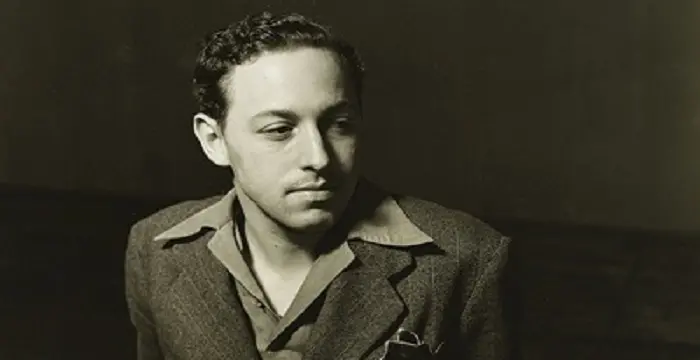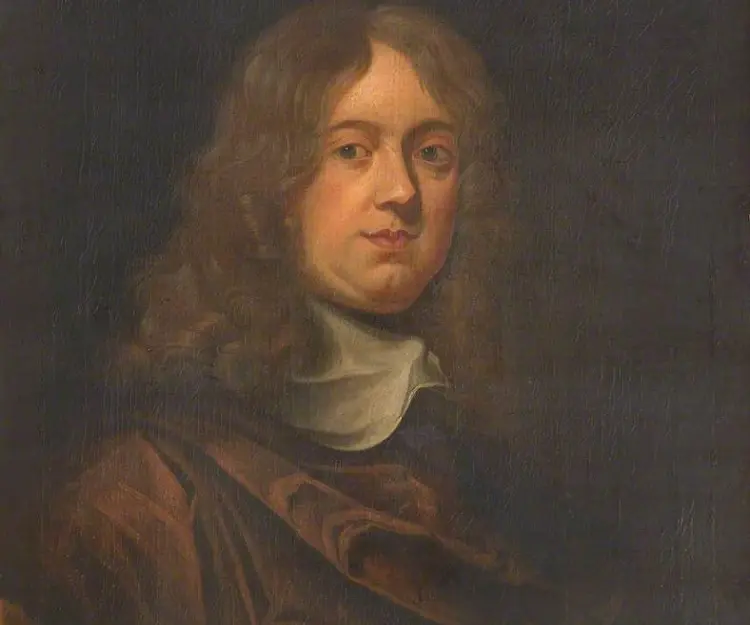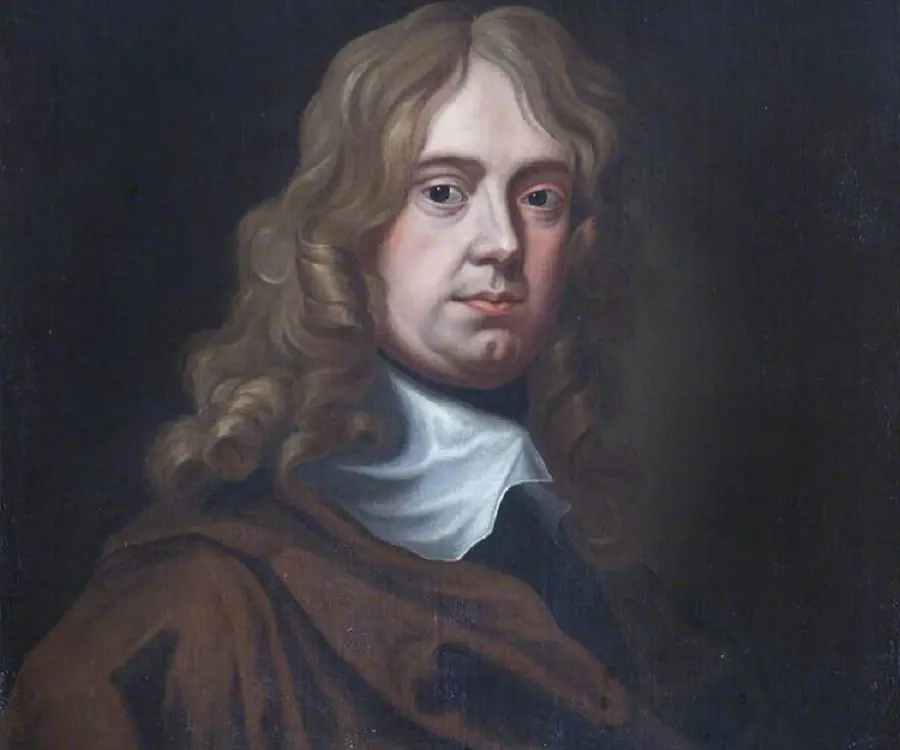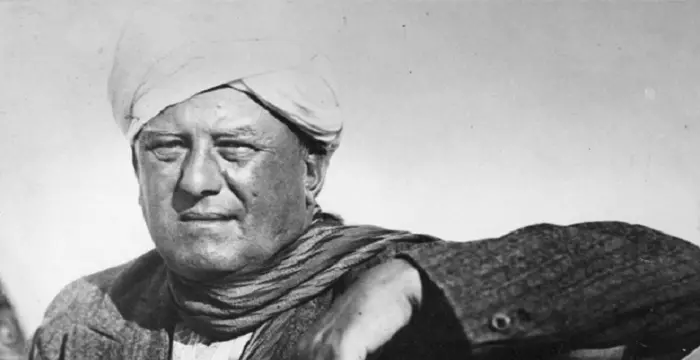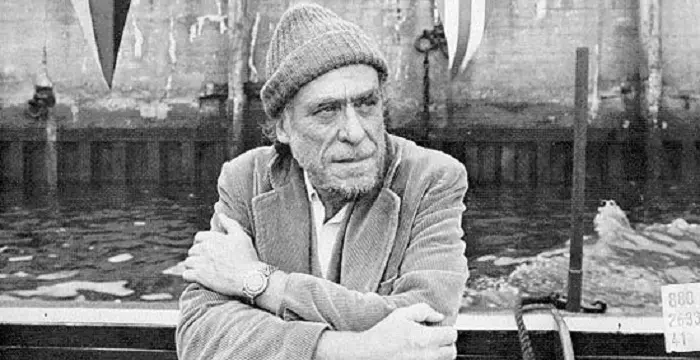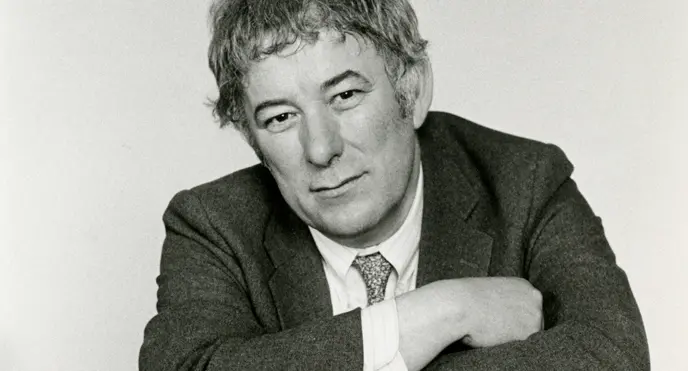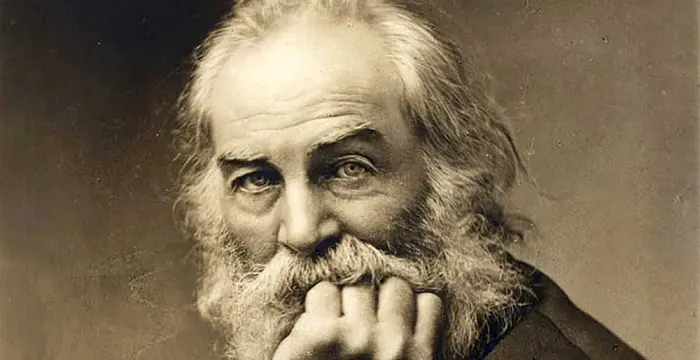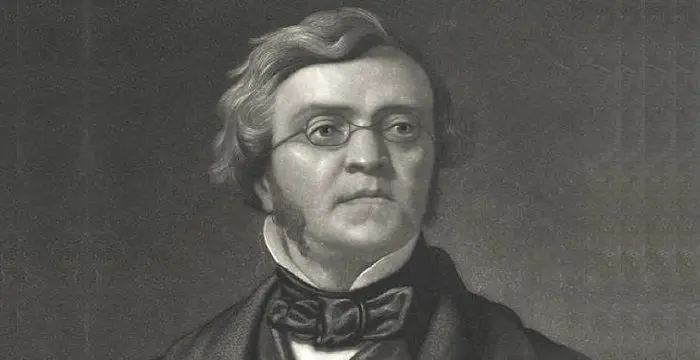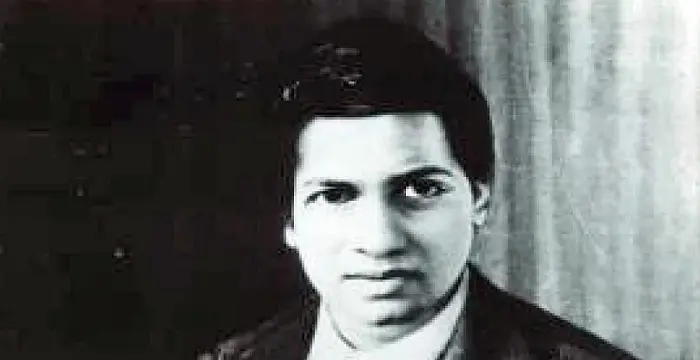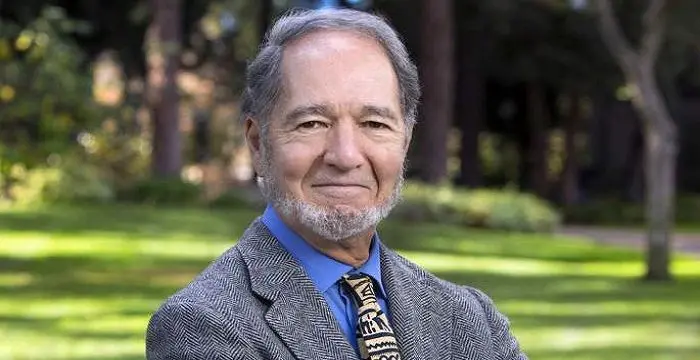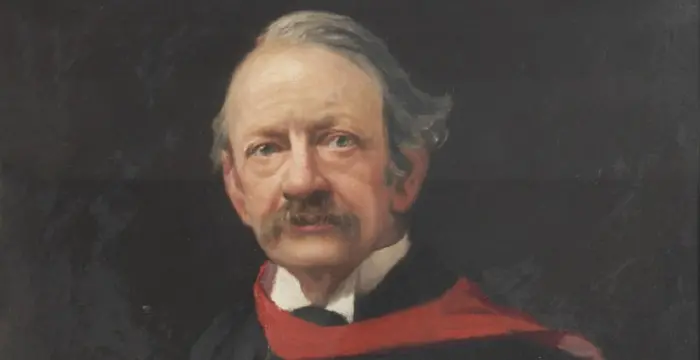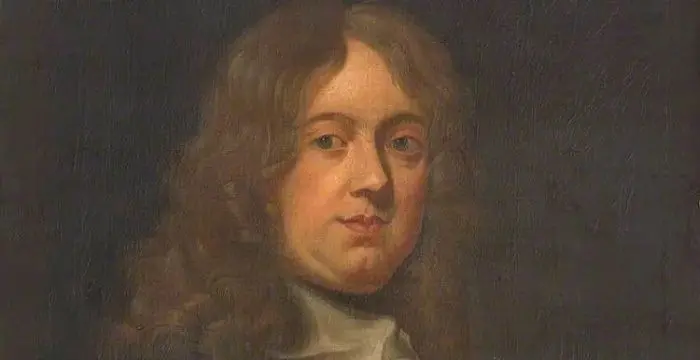
Abraham Cowley - Trinity College, Dublin, Family and Family
Abraham Cowley's Personal Details
A poet and essayist of the seventeenth century, Abraham Cowley is known for his works on ‘Pindaric Odes’ and metaphysical traditions
| Information | Detail |
|---|---|
| Birthday | 1618 |
| Died on | July 28, 1667 |
| Nationality | British |
| Famous | Trinity College, Cambridge, Trinity College, Dublin, Writers, Poets |
| Known as | Каули, Абрахам |
| Universities |
|
| Notable Alumnis |
|
| Birth Place | London |
| Gender | Male |
| Born in | London |
| Famous as | Poet |
| Died at Age | 49 |
// Famous Writers
Joyce Meyer
Joyce Meyer is a Christian author and speaker. This biography provides detailed information about her childhood, life, achievements, works & timeline
Temple Grandin
Temple Grandin is a well-known American writer, autistic activist and animal expert. This biography profiles her childhood, life, achievements, career and timeline
Tennessee Williams
Tennessee Williams was one of the greatest playwrights of the 20th century. This biography of Tennessee Williams provides detailed information about his childhood, life, achievements, works and timeline.
Abraham Cowley's photo
Who is Abraham Cowley?
Abraham Cowley, who started composing literary works at the mere age of ten, displayed a sense of maturity much ahead of his age. A child prodigy, his first work was published when he was only fifteen, and his verses grabbed the attention of all. The works of this intellectual were known to be multi-faceted. But his metaphysical style of poetry became very popular in the seventeenth century. Attracted to the idea of gaining knowledge, Abraham was a meritorious student and later went on to earn his degree in medicine. The Civil War disrupted the life of Cowley as he had to discontinue his studies at Cambridge. Serving the royal family during the political tumult, he served an exile of twelve long years. A loyal servant of the royal family, he ciphered and deciphered the personal communication between the novelties. But the upheavals did not deter his association with poetry; instead he went on to formulate a new genre of writing odes. The ‘Pindarique’, or the ‘irregular odes’, as his works are referred to were quite popular in the seventeenth century. During his later life, he spent the life of a recluse in the cradle of nature, and devoted his time to experimental science. To know more about the life and works of Cowley read on
// Famous Trinity College, Dublin
Leo Varadkar
Cam Leo Varadkar is the current Taoiseach—the Prime Minister—of the Republic of Ireland. Check out this biography to know about his childhood, family life, achievements and other facts about his life.
Katie McGrath
Katie McGrath is an Irish actress best recognized for her role in the series ‘Merlin.’ Check out this biography to know about her childhood, family life, achievements and fun facts about her.
Aleister Crowley
Aleister Crowley was an occultist and ceremonial magician who founded the ethical philosophy of Thelema. This biography of Aleister Crowley provides detailed information about his childhood, life, achievements, works & timeline.
Childhood & Early Life
Cowley was born in 1618 to a wealthy family in London. His father was a stationer by profession. After the latter’s demise, Abraham’s mother took to spirituality and spent most of her time in devotional activities.
The young boy’s first encounter with the poems was when he found the book ‘The Faerie Queene’ in his mother’s possession.
Career
The boy displayed his immense talent by penning ‘Tragicall History of Piramus and Thisbe’ in 1628. The sheer brilliance of the poem seemed unlikely to have been the creativity of a mere ten year old.
Belonging to an affluent family, he later pursued his primary education at the reputed ‘Westminster School’. Continuing to prove his poetic mettle, this thinker composed his second poem ‘Constantia and Philetus’.
Abraham’s collection of works ‘Poetical Blossoms’ was first published in 1633. It consisted of his previous two works and a third creation ‘Elegy on the Death of Dudley, Lord Carlton’. The collection, which was dedicated to the school headmaster, also featured many inscriptions contributed by his colleagues, which glorified the administrator.
The multi-faceted works featuring in his first publication brought instant recognition to the fifteen year old. The young lad then started working on his next comedy, ‘Loves Riddle’, set in the country side.
After completing high school, Abraham attended the Trinity College, Cambridge in 1637. His works on King David were printed as a collection of five books in Latin during this time. This collection named ‘Davideis’ was published much later after his death.
‘Naufragium Joculare’, another one of his comedies, was published together with ‘Loves Riddle’ in 1638.
During Prince Charles visit to Cambridge in 1641, Cowley composed a drama titled ‘The Guardian’, which was showcased before the royal entourage. The play was a great success and was also performed during the Civil War.
A champion of the royalist side, he was stripped of his fellowship at Cambridge by the Parliamentarians during the First English Civil War in 1643. He then proceeded to the ‘Oxford University’ where he got into the service of royalists
He accompanied the Queen’s contingent to Paris in 1646. Cowley was a part of the Queen’s cipher service, overlooking important communications between the King and Queen, and was also in charge of various diplomatic voyages during this time. A year later, he came out with ‘The Mistress’, a work of romance.
During the twelve years he stayed away from London, Cowley chanced upon the works of Pindar, which followed the classical structure of Odes, which consisted of rhyming verses, distributed in triads of equal length.
In an attempt to recreate the magic of Pindar’s works, Abraham failed to conform to the rigid structure of the Ode. Instead his creations went about creating a new style of Odes, referred to as the ‘Pindaric’ or the Irregular Ode.
A compilation of his works including ‘Pindarique Odes’, ‘Davideis’ and ‘The Mistress’ were published in 1656, after he returned to England. The other works included ‘The Chronicle’, a ballad, and threnodies on William Hervey and Crashaw among others.
Following the restoration after the Civil War, Abraham completed his MD and became a doctor of medicine.
The revised version of his play ‘The Guardian’, which he was working on since his return from the exile, was showcased in 1661. The title of this play was changed to ‘The Cutter of Coleman Street’.
Retiring to his country home in Chertsey, which he obtained with the help of a friend, Cowley took an interest in horticulture and experimental science. In his poetic work ‘Six Books on Plants’, published in 1662, he made the first ever mention of the intoxicating coca leaves.
Spending the last years of his life in solitude, Cowley embraced the company of flora and books. He was also one of the earliest members of the ‘Royal Society of London’.
He breathed his last in his home at Chertsey, as he failed to recuperate from the fever he acquired while he was out in the meadows overseeing the farmers working. His funeral was organised at the Westminster Abbey.
Major Works
His pioneering work on ‘Pindarique Odes’ was one of his greatest achievements. The loose structure of the verses in comparison to traditional ode became quite popular among other poets of the era.
Trivia
‘Nothing is there to come, and nothing past, But an eternal Now does always last.’ is a quote from the famous epic, ‘Davideis’, composed by the poet.
// Famous Poets
Charles Bukowski
Charles Bukowski was a German-born American novelist, short story writer and poet. With this biography, learn in details about his childhood, life, works, career and timeline
Seamus Heaney
Nobel Laureate Seamus Heaney was an Irish poet, playwright and translator. Know about his profile, childhood, life and timeline in the biography below.
Walt Whitman
Walt Whitman was an American poet, journalist and humanist. Read this brief biography to find more on his life & timeline.
Abraham Cowley biography timelines
- // 1618Cowley was born in 1618 to a wealthy family in London. His father was a stationer by profession. After the latter’s demise, Abraham’s mother took to spirituality and spent most of her time in devotional activities.
- // 1628The boy displayed his immense talent by penning ‘Tragicall History of Piramus and Thisbe’ in 1628. The sheer brilliance of the poem seemed unlikely to have been the creativity of a mere ten year old.
- // 1633Abraham’s collection of works ‘Poetical Blossoms’ was first published in 1633. It consisted of his previous two works and a third creation ‘Elegy on the Death of Dudley, Lord Carlton’. The collection, which was dedicated to the school headmaster, also featured many inscriptions contributed by his colleagues, which glorified the administrator.
- // 1637After completing high school, Abraham attended the Trinity College, Cambridge in 1637. His works on King David were printed as a collection of five books in Latin during this time. This collection named ‘Davideis’ was published much later after his death.
- // 1638‘Naufragium Joculare’, another one of his comedies, was published together with ‘Loves Riddle’ in 1638.
- // 1641During Prince Charles visit to Cambridge in 1641, Cowley composed a drama titled ‘The Guardian’, which was showcased before the royal entourage. The play was a great success and was also performed during the Civil War.
- // 1643A champion of the royalist side, he was stripped of his fellowship at Cambridge by the Parliamentarians during the First English Civil War in 1643. He then proceeded to the ‘Oxford University’ where he got into the service of royalists
- // 1646He accompanied the Queen’s contingent to Paris in 1646. Cowley was a part of the Queen’s cipher service, overlooking important communications between the King and Queen, and was also in charge of various diplomatic voyages during this time. A year later, he came out with ‘The Mistress’, a work of romance.
- // 1656A compilation of his works including ‘Pindarique Odes’, ‘Davideis’ and ‘The Mistress’ were published in 1656, after he returned to England. The other works included ‘The Chronicle’, a ballad, and threnodies on William Hervey and Crashaw among others.
- // 1661The revised version of his play ‘The Guardian’, which he was working on since his return from the exile, was showcased in 1661. The title of this play was changed to ‘The Cutter of Coleman Street’.
- // 1662Retiring to his country home in Chertsey, which he obtained with the help of a friend, Cowley took an interest in horticulture and experimental science. In his poetic work ‘Six Books on Plants’, published in 1662, he made the first ever mention of the intoxicating coca leaves.
// Famous Trinity College, Cambridge
Isaac Newton
Isaac Newton was an English scientist and mathematician, who discovered gravitation and Newtonian Mechanics. Read this biography to find more on his life.
Aleister Crowley
Aleister Crowley was an occultist and ceremonial magician who founded the ethical philosophy of Thelema. This biography of Aleister Crowley provides detailed information about his childhood, life, achievements, works & timeline.
William Makepeace Thackeray
William Thackeray was an English novelist and satirist. Read this brief biography to find more on his life & timeline.
Srinivasa Ramanujan
Srinivasa Ramanujan was an Indian mathematician who made significant contributions to mathematical analysis, number theory, and continued fractions. Check out this biography to know about his childhood, life, achievements, works & timeline. .
Jared Diamond
Jared Mason Diamond is an American scientist and author reputed for his highly acclaimed and popular science books.
J. J. Thomson
J.J. Thomson was an English physicist and mathematician. This biography profiles his childhood, life, academic career, research and timeline.
Abraham Cowley's FAQ
When was Abraham Cowley died?
Abraham Cowley was died at 1667-07-28
Where was Abraham Cowley died?
Abraham Cowley was died in Chertsey
Which age was Abraham Cowley died?
Abraham Cowley was died at age 49
Where is Abraham Cowley's birth place?
Abraham Cowley was born in London
What is Abraham Cowley nationalities?
Abraham Cowley's nationalities is British
What was Abraham Cowley universities?
Abraham Cowley studied at Trinity College Dublin,Trinity College, Cambridge, Westminster School, Trinity College, Cambridge
What was Abraham Cowley notable alumnis?
Abraham Cowley's notable alumnis is Trinity College Dublin, Trinity College, Cambridge
How famous is Abraham Cowley?
Abraham Cowley is famouse as Poet


